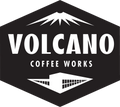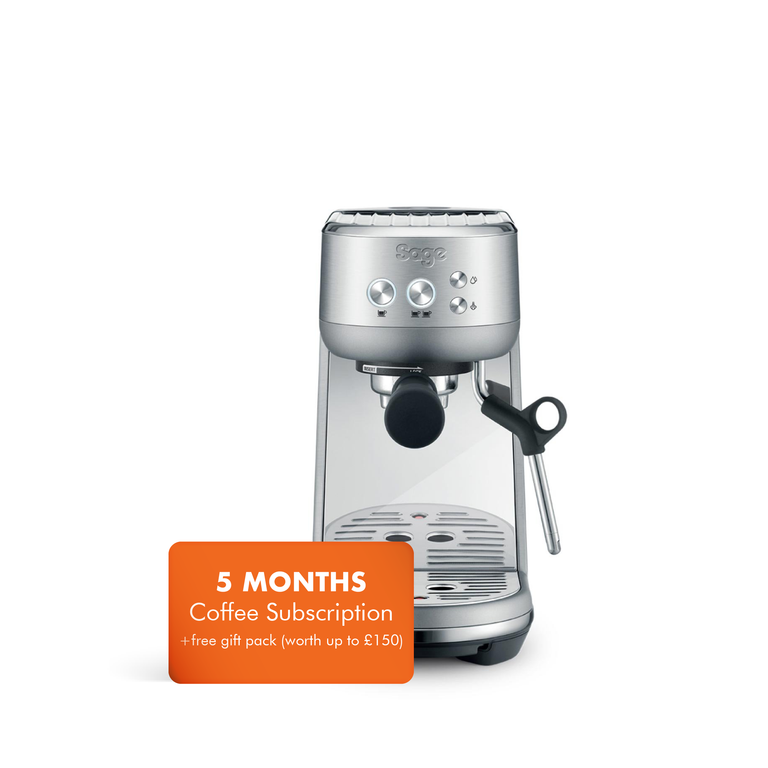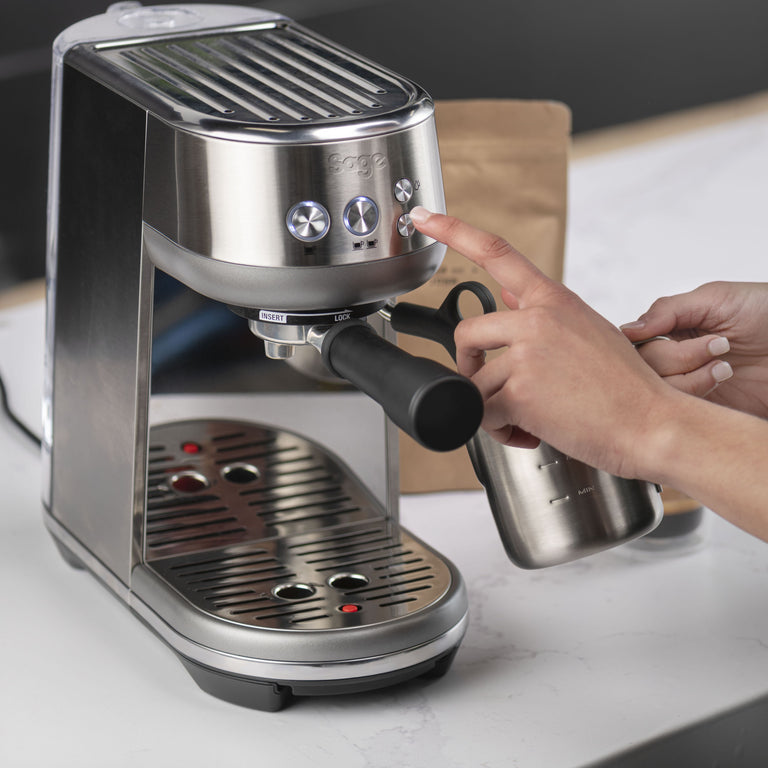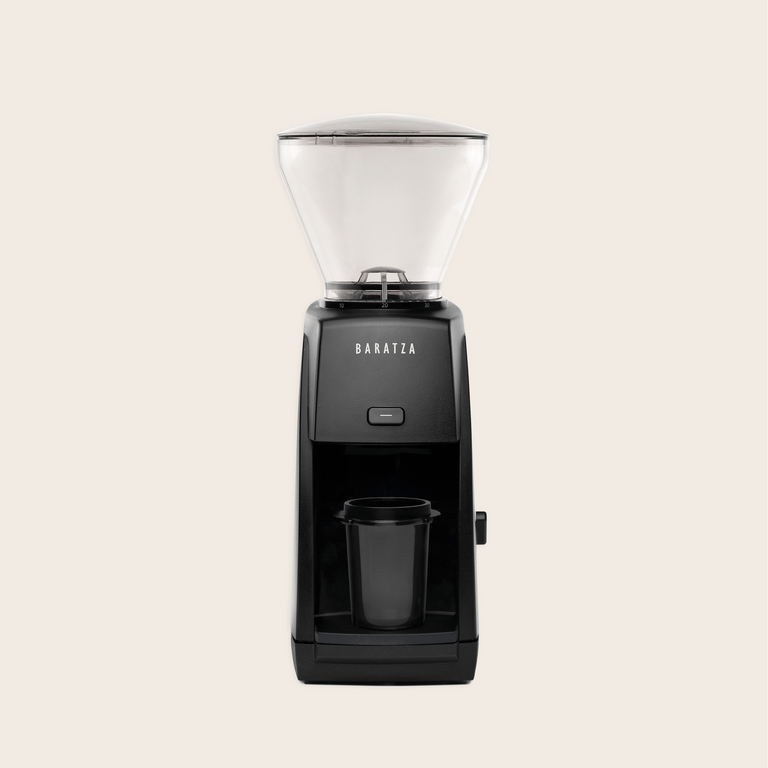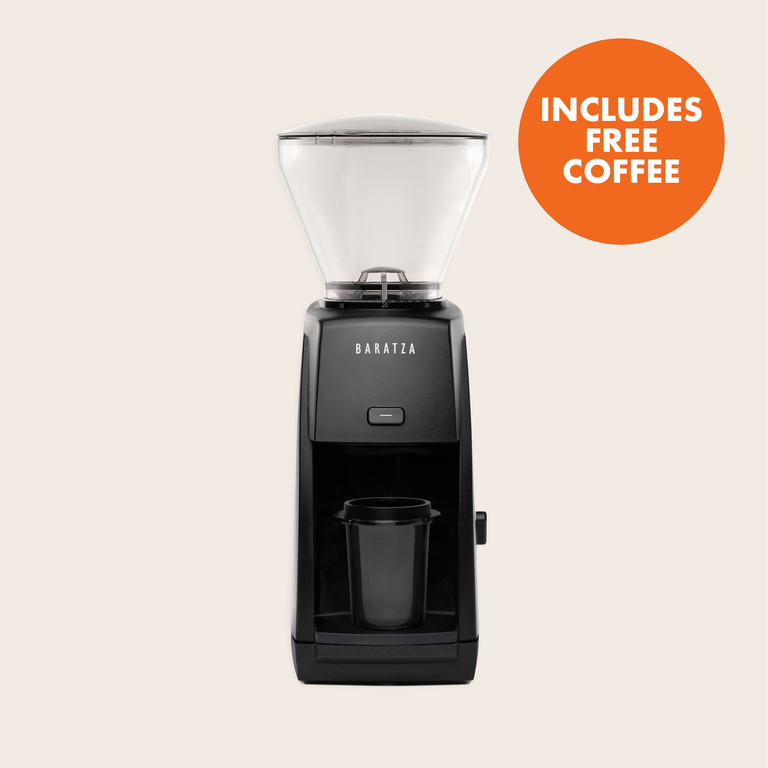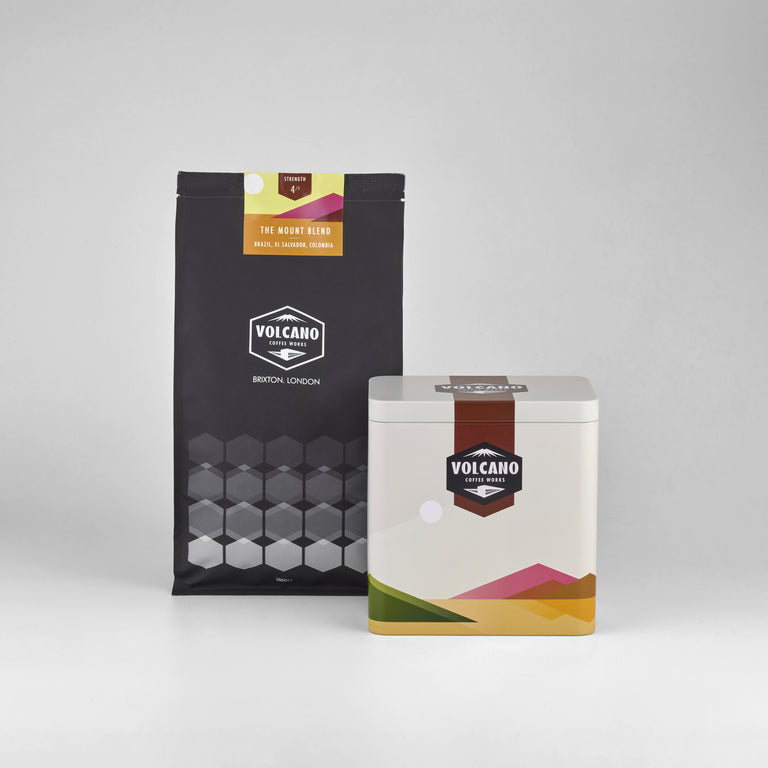November's Roaster's Choice Coffee Box subscribers will be enjoying Mio, a coffee from Brazil.
Renato Pellicer was born in 1939 at Fazenda Cachoeirinha. His father had worked on the farm for many years since immigrating to Brazil and it was here he called home. Fast forward to now and Renato’s daughter Renata, and her husband Carlos, own the farm (now called Mio) while their daughter Ana Luiza represents their coffees abroad and has become a close friend of ours here at the roastery.
We were introduced to Ana just before the pandemic hit and have been roasting coffee for her own brand as well as collaborating to create value mechanisms for a new age of coffee producers to connect to the market. These include re-forestation, research and academic projects.
The farm itself is 1589 hectares. Approximately 1/3 of this is used for milling and processing (as well as a eucalyptus plantation and some pasture areas) with state of the art facilities. The farm boasts: a wet-mill, concrete patios, raised beds, ambient air-drying rotating machines, wood silos, cross-beater hullers and a density separator which they use to produce both natural and honey processed lots.
This is a very clean, very light touch, natural coffee which exhibits qualities of washed coffee but, we find, with more pronounced, and elevated sweetness.

Coffee Producing in Brazil
Brazil is by far the largest coffee producer in the world and usually produces around 3,558,000 metric tons of beans every year. This accounts for one-third of all the coffee produced worldwide and when this amount of coffee hits (or doesn’t hit) the international coffee markets the forces of supply and demand dictate that it can cause some serious ripples.
COVID-19 disrupted many industries around the world which rely on international demand and freedom to move products through borders. In Brazil, however, the coffee industry was also faced with crop reducing drought followed by sever frost in the winter causing irreparable damage to crops.
What does this mean for the coffee?
New York Stock Exchange meaning that they are open to the market forces of supply and demand. Basically if supply is reduced and demand stays stable, that is, if the same amount of people are drinking coffee but there’s less to go around it’s only natural that prices rocket.
Coffee crops naturally flourish and struggle as the farming world adapts to mother nature and generally the effects of such movements are absorbed into the sheer size of the world’s coffee market with no serious impact observed. When the largest producer in the world however fails to produce coffee it drastically reduces world supply, and in turn, world prices
The ‘world commodity price of coffee’ has so-far increased by 21.6%. While the model of Specialty Coffee seeks to circumvent commodity markets the essential premise is paying premiums based on commodity prices. That is - specialty coffee prices are literally about to take a steep turn north and some roasters are already reportedly paying over 20% higher for their coffee (or facing the prospect of lower grade coffee).
